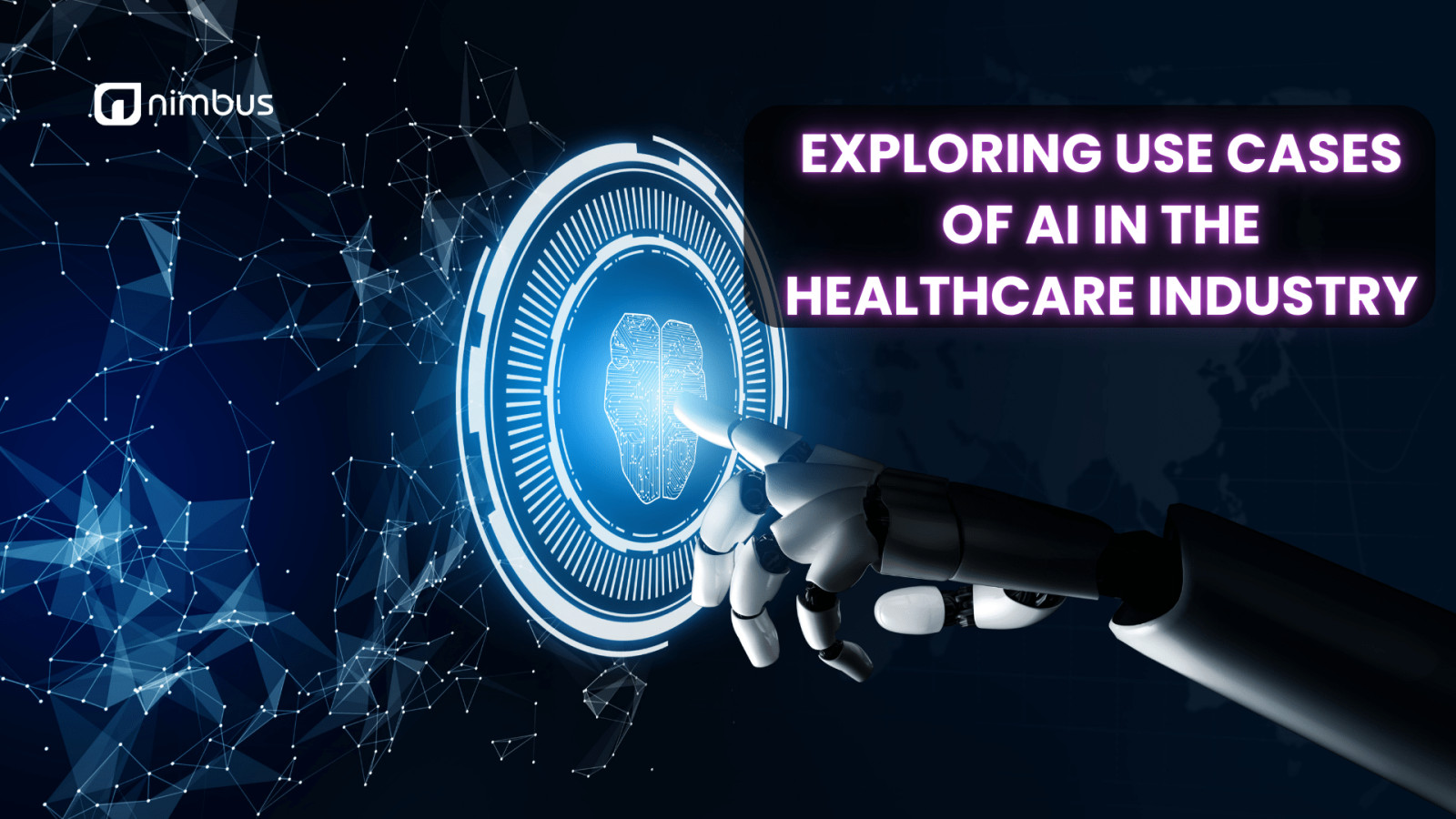From predictive analytics to personalized medicine, AI is transforming how healthcare providers deliver services and manage patient data. This article explores various use cases of AI in the healthcare industry and the profound impact it has on medical practices worldwide.
1. Medical Imaging and Diagnostics
Enhanced Accuracy and Speed
AI-powered medical imaging is revolutionizing diagnostics by improving the accuracy and speed of interpreting medical images such as X-rays, CT scans, and MRIs. Machine learning algorithms can analyze images and detect abnormalities that may be missed by human radiologists, leading to earlier detection of diseases like cancer, cardiovascular conditions, and neurological disorders. This capability not only accelerates diagnosis but also enhances treatment planning and patient outcomes.
Example: IBM Watson for Oncology
IBM Watson for Oncology is an AI-powered platform that assists oncologists in making personalized treatment decisions for cancer patients. By analyzing vast amounts of medical literature, patient records, and clinical guidelines, Watson provides evidence-based treatment recommendations tailored to each patient's unique characteristics and medical history. This application of AI helps oncologists stay updated with the latest research and improve the precision of cancer care.
2. Predictive Analytics and Preventive Medicine
Proactive Patient Care
AI-driven predictive analytics leverage patient data, including medical history, genetic information, lifestyle factors, and real-time monitoring data, to assess individual health risks and predict potential health outcomes. Healthcare providers can identify patients at high risk of developing chronic diseases such as diabetes, hypertension, and heart disease, enabling proactive interventions and personalized preventive care plans. By addressing health issues early, AI contributes to reducing hospital admissions and healthcare costs while improving overall patient health.
Example: Early Detection of Sepsis
AI algorithms can analyze vital signs, laboratory results, and clinical notes to predict the onset of sepsis—a life-threatening condition caused by infections. Early detection allows healthcare providers to initiate timely interventions, such as administering antibiotics or fluid therapy, to prevent complications and improve patient survival rates. AI-powered predictive models enhance clinical decision-making and support healthcare teams in delivering timely and effective care.
3. Virtual Health Assistants and Telemedicine
Accessible Healthcare Services
Virtual health assistants powered by AI enable patients to access medical information, schedule appointments, and receive remote consultations through telemedicine platforms. These AI-driven assistants use natural language processing (NLP) to understand patient queries and provide personalized health recommendations based on symptoms, medical history, and treatment protocols. Telemedicine powered by AI expands access to healthcare services, particularly in remote or underserved areas, and enhances patient engagement and satisfaction.
Example: Babylon Health
Babylon Health offers an AI-powered virtual health assistant that provides symptom checking, medical advice, and remote consultations with healthcare professionals. Patients can use the Babylon app to discuss their health concerns, receive accurate information about symptoms, and access video consultations with doctors or specialists. This technology enhances convenience, reduces waiting times, and improves access to healthcare, particularly for individuals with limited mobility or geographical constraints.
4. Drug Discovery and Personalized Medicine
Accelerated Research and Development
AI accelerates drug discovery and development processes by analyzing vast datasets, including genetic information, molecular structures, and clinical trial data. Machine learning algorithms identify potential drug candidates, predict their efficacy and safety profiles, and optimize treatment protocols for individual patients based on genetic markers and disease characteristics. AI-driven insights enable pharmaceutical companies to streamline R&D efforts, reduce costs, and bring new therapies to market faster.
Example: Insilico Medicine
Insilico Medicine utilizes AI and deep learning algorithms to discover novel drug targets and develop personalized treatments for diseases such as cancer, Alzheimer's, and rare genetic disorders. By analyzing genomic data, molecular pathways, and drug interactions, Insilico Medicine identifies promising drug candidates and designs patient-specific treatment strategies that improve therapeutic outcomes. This approach marks a paradigm shift towards precision medicine, where treatments are tailored to individual genetic profiles and disease risks.
Challenges and Considerations
While AI holds tremendous promise for transforming healthcare, its adoption presents challenges such as data privacy concerns, regulatory compliance, ethical implications, and the need for healthcare professionals to adapt to new technologies. Addressing these challenges requires collaboration among stakeholders, robust cybersecurity measures, transparent governance frameworks, and ongoing training to ensure responsible AI deployment in healthcare settings.
Future Directions
The future of AI in healthcare holds limitless possibilities for innovation and improvement in patient care, disease management, and healthcare delivery. As AI technologies continue to evolve, healthcare organizations must embrace digital transformation, invest in AI capabilities, and leverage data-driven insights to achieve better health outcomes and enhance the overall quality of care.
Conclusion
Artificial Intelligence is reshaping the healthcare industry by unlocking new capabilities in medical imaging, predictive analytics, virtual health assistants, drug discovery, and personalized medicine. These AI-driven innovations empower healthcare providers to deliver more accurate diagnoses, personalized treatments, and proactive patient care, ultimately improving patient outcomes and operational efficiencies. As AI continues to evolve, its integration into healthcare systems worldwide promises to revolutionize medical practices, advance scientific research, and redefine the future of healthcare delivery.
By harnessing the power of AI, healthcare providers can transform challenges into opportunities, accelerate medical breakthroughs, and create a more inclusive and efficient healthcare ecosystem for the benefit of patients globally.
